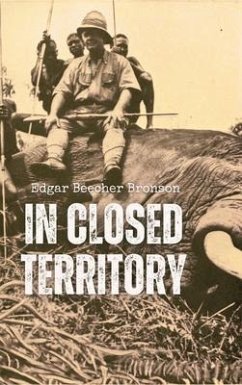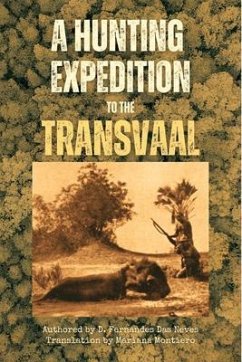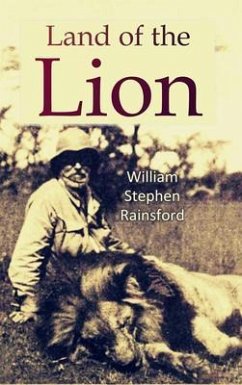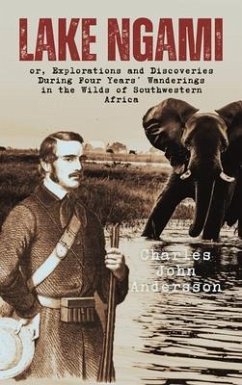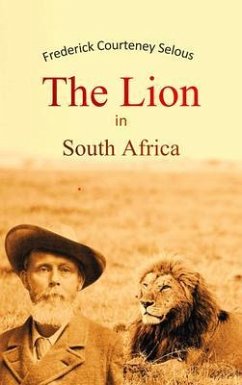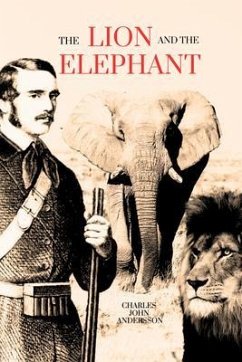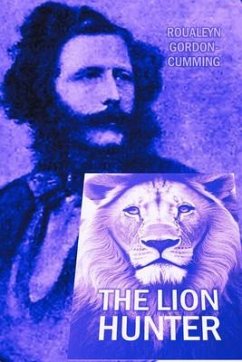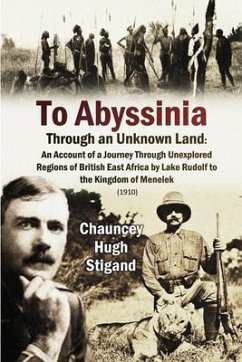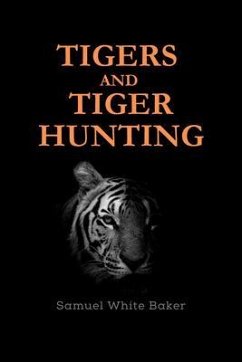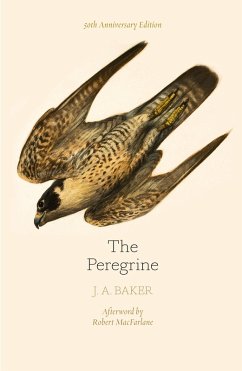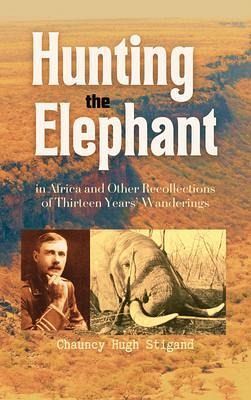
Hunting the Elephant in Africa and Other Recollections of Thirteen Years' Wanderings (eBook, ePUB)

PAYBACK Punkte
2 °P sammeln!
"Captain Stigand is one of the most noted of recent African big game hunters and explorers." -Theodore Roosevelt"Goes into considerable detail on hunting techniques...is high adventure as well, written by one of the most colorful characters in African history...reputed the most physically powerful officer in the British army...obsessed with danger, which may account for his seeking out the elephant...met his end at the wrong end of a spear." -Austin-American Statesman, March 4, 1986"Stigand...tells many incidents of the strange and dangerous life of the chase...Stigand's ability and knowledge ...
"Captain Stigand is one of the most noted of recent African big game hunters and explorers." -Theodore Roosevelt
"Goes into considerable detail on hunting techniques...is high adventure as well, written by one of the most colorful characters in African history...reputed the most physically powerful officer in the British army...obsessed with danger, which may account for his seeking out the elephant...met his end at the wrong end of a spear." -Austin-American Statesman, March 4, 1986
"Stigand...tells many incidents of the strange and dangerous life of the chase...Stigand's ability and knowledge are highly recommended in the foreword by Theodore Roosevelt." -Birmingham News, Feb. 15, 1914
"Captain Stigand has a good deal to tell us about hunting lions as well as elephants...elephant hunting is, in Captain Stigand's opinion, so fascinating and absorbing that those who have done much of it can seldom take any interest again in any other form of sport." -The Birmingham Post, Feb. 13, 1914
Gored by a rhino, mauled by a lion, before eventually being speared by a hostile tribe, how did this British army officer and big game hunter survive his "sporting" adventures in British East Africa?
In 1913, Chauncy Hugh Stigand (1877-1919) published a narrative of his elephant and big game hunting adventures in British East Africa under the title "Hunting the Elephant in Africa." It is this book of 299 pages that has been republished here for the convenience of the interested reader.
In introducing his book, Stigand writes:
"There is something so fascinating and absorbing about elephant hunting that those who have done much of it can seldom take any interest again in any other form of sport. It seems so vastly superior to all other big game shooting that, once they have surrendered themselves to its charms, they cannot even treat any other form of hunting seriously. Everything else seems little and insignificant by comparison."
About the author:
Chauncey Hugh Stigand (1877-1919) was a British army officer, colonial administrator and big game hunter. He was killed in action while attempting to suppress a rebellion of Aliab Dinka. Theodore Roosevelt wrote that "Captain Stigand is one of the most noted of recent African big game hunters and explorers, and he is also a field naturalist of unusual powers. ... Captain Stigand has written a book which ought to appeal to every believer in vigor and hardihood, to every lover of wilderness adventure, and to every man who values at their proper worth the observations of an excellent field naturalist."
"Goes into considerable detail on hunting techniques...is high adventure as well, written by one of the most colorful characters in African history...reputed the most physically powerful officer in the British army...obsessed with danger, which may account for his seeking out the elephant...met his end at the wrong end of a spear." -Austin-American Statesman, March 4, 1986
"Stigand...tells many incidents of the strange and dangerous life of the chase...Stigand's ability and knowledge are highly recommended in the foreword by Theodore Roosevelt." -Birmingham News, Feb. 15, 1914
"Captain Stigand has a good deal to tell us about hunting lions as well as elephants...elephant hunting is, in Captain Stigand's opinion, so fascinating and absorbing that those who have done much of it can seldom take any interest again in any other form of sport." -The Birmingham Post, Feb. 13, 1914
Gored by a rhino, mauled by a lion, before eventually being speared by a hostile tribe, how did this British army officer and big game hunter survive his "sporting" adventures in British East Africa?
In 1913, Chauncy Hugh Stigand (1877-1919) published a narrative of his elephant and big game hunting adventures in British East Africa under the title "Hunting the Elephant in Africa." It is this book of 299 pages that has been republished here for the convenience of the interested reader.
In introducing his book, Stigand writes:
"There is something so fascinating and absorbing about elephant hunting that those who have done much of it can seldom take any interest again in any other form of sport. It seems so vastly superior to all other big game shooting that, once they have surrendered themselves to its charms, they cannot even treat any other form of hunting seriously. Everything else seems little and insignificant by comparison."
About the author:
Chauncey Hugh Stigand (1877-1919) was a British army officer, colonial administrator and big game hunter. He was killed in action while attempting to suppress a rebellion of Aliab Dinka. Theodore Roosevelt wrote that "Captain Stigand is one of the most noted of recent African big game hunters and explorers, and he is also a field naturalist of unusual powers. ... Captain Stigand has written a book which ought to appeal to every believer in vigor and hardihood, to every lover of wilderness adventure, and to every man who values at their proper worth the observations of an excellent field naturalist."
Dieser Download kann aus rechtlichen Gründen nur mit Rechnungsadresse in A, D ausgeliefert werden.




